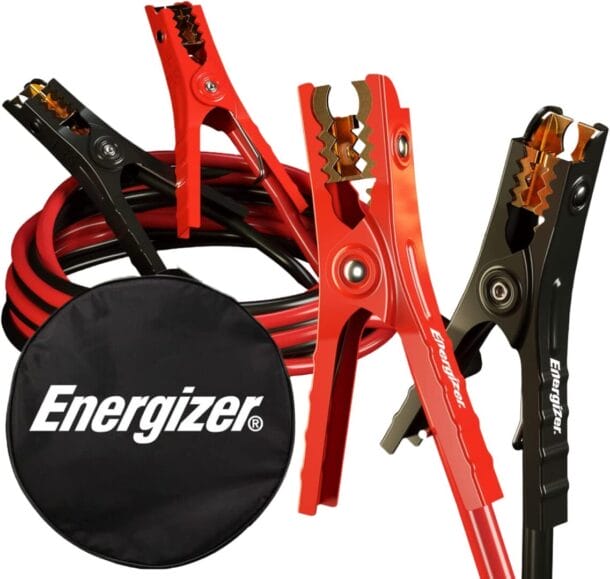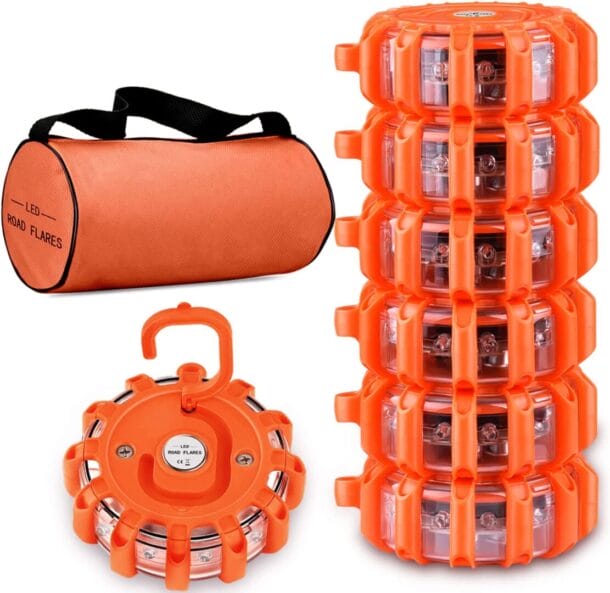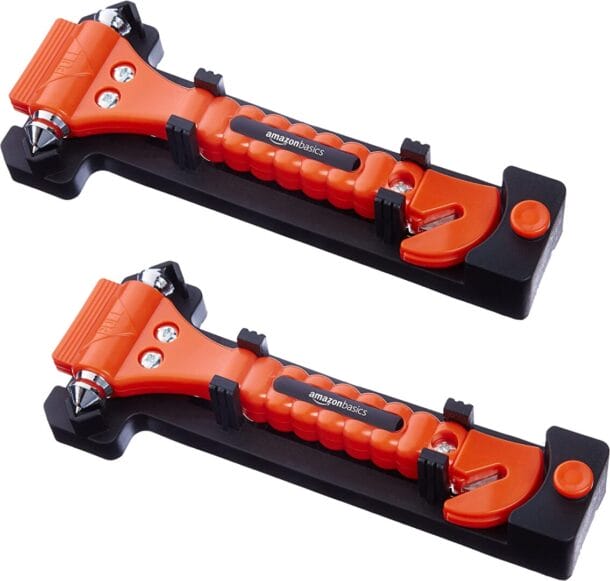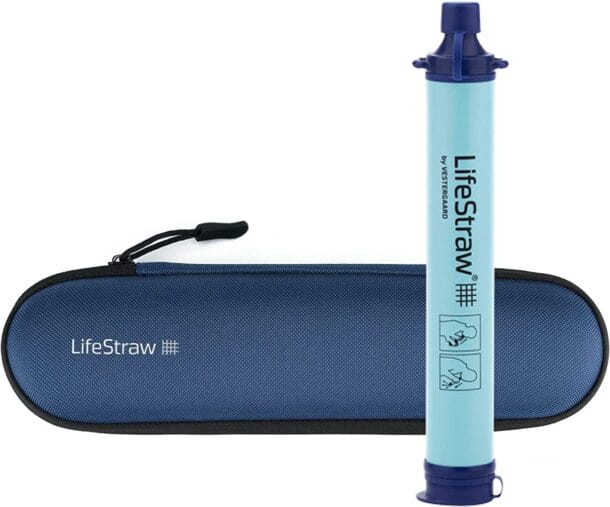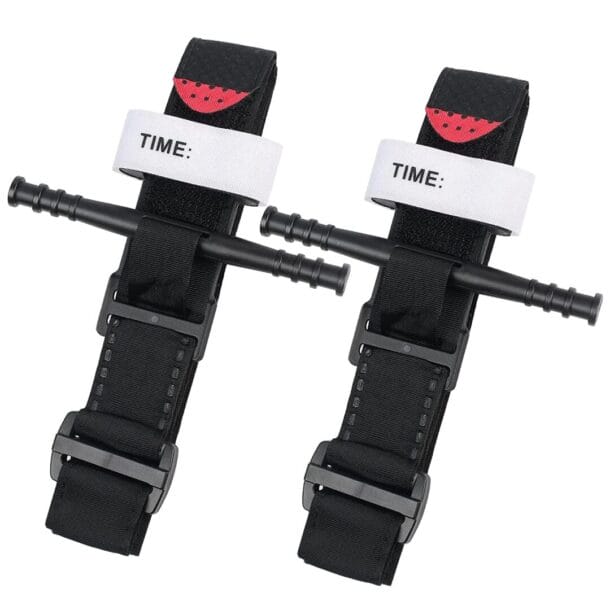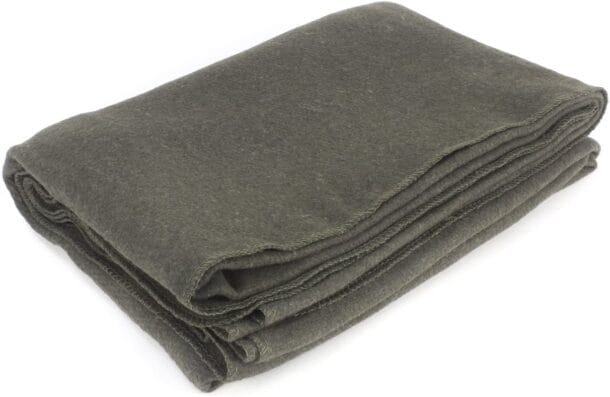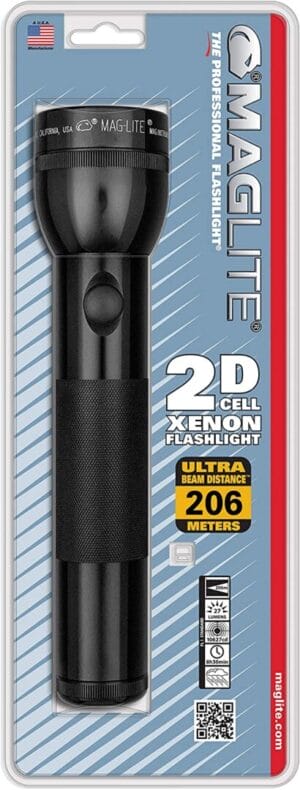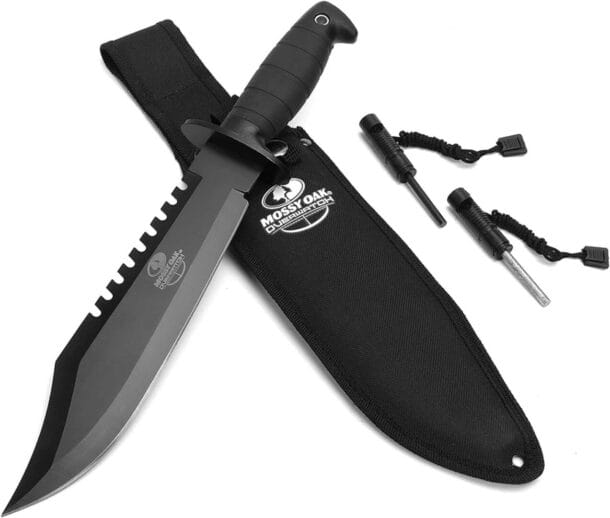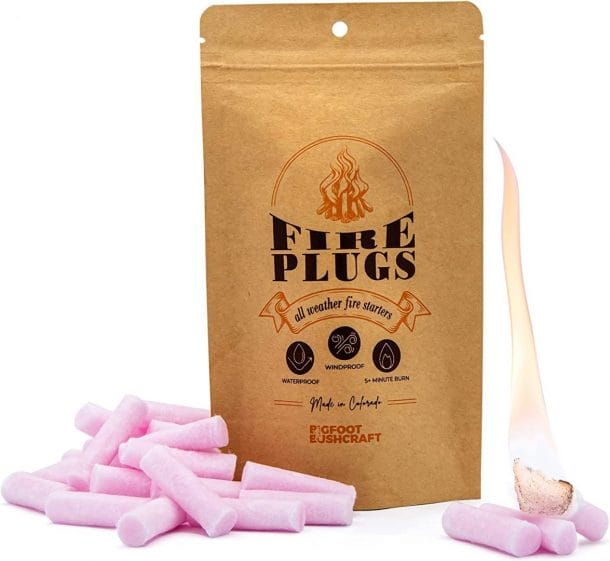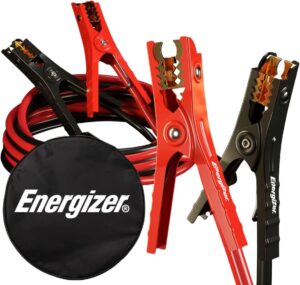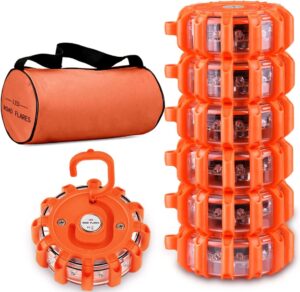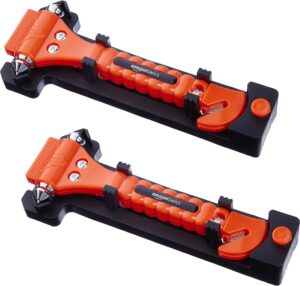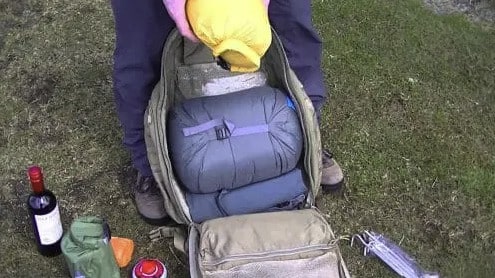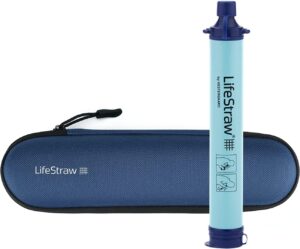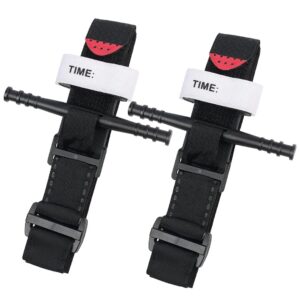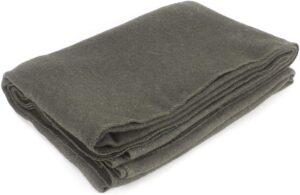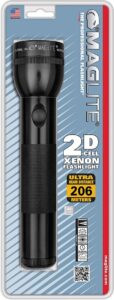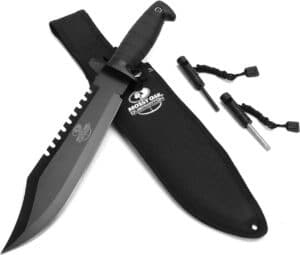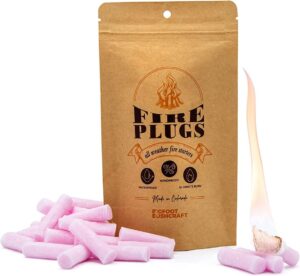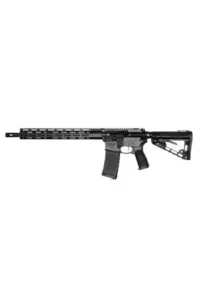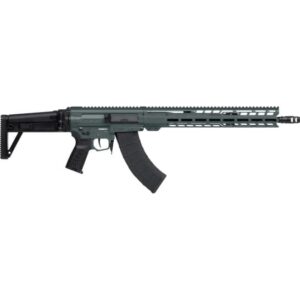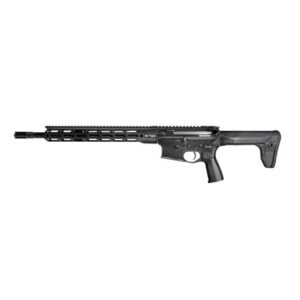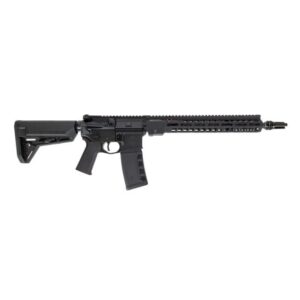When disasters occur, they usually occur without any warning. While there is much focus in the survivalist community on keeping an adequate stockpile of survival supplies at home as well as having a bug out bag should you need to bug out, there isn’t a terribly large amount of information on having a proper emergency survival kit in your car.
Guess what, survival situations can happen while you’re driving in places outside of civilization. It happens to people every year. You may get stranded in the middle of the desert or in the middle of a deadly blizzard.
In either of these kinds of scenarios, or in any other kind of survival situation, having a kit of survival items in your car could save your life. Let’s go over the different kinds of items that you should consider including in car emergency kit at all times.
Table Of Contents
- 1. Car Repair and Maintenance Items
- 2. Backpack
- 3. Food and Water
- 4. First Aid for Emergency Car Kit
- 5. Warmth and Light
- 6. Tools for Emergency Car Kit
- 7. Fire Starting Equipment
- 8. Cat Litter
- 9. Money
- 10. Sanitation and Hygiene
- Basic Car Emergency Survival Kit Checklist
- What About Pre-Made Car Emergency Kits?
- Emergency Car Kit – Conclusion
- Recommended Reading
1. Car Repair and Maintenance Items
First and foremost, this is a car, so you need to have car repair and maintenance items in it. Examples of items that are a must have to keep in the car include oily towels, WD-40, wire ties, a multitool, a knife, a tire gauge, pair of pliers, screwdriver, wrench (adjustable), pliers, ratchet and sockets, and a hex key.
Additional items that will be worth including are an aerosol foam tire sealant, a compressor, a tire plug kit, and jumper cables (6 gauge).
Car Maintenance Emergency Kit Checklist
All in all, here is a comprehensive checklist of repair and maintenance items that you need to include in your vehicle:
- Bungee Cord (x2)
- Cable Ties (x10)
- Car Manual
- Cat Litter (for traction on the snow)
- Duct Tape
Jumper Cables
- Ice Scraper
- Leather Work Gloves
- Oil Change Fluid
- Paper Towels
- Radiator Coolant
- Red Flag (for signaling)
Roadside Flares
- Screwdriver (Flathead)
- Screwdriver (Phillips)
- Seatbelt Cutter
- Shovel
- Spare Tire
- Tire Chains
- Tire Jack
- Tire Pressure Gauge
- Transmission Fluid
- Triangle (reflective)
- Vehicle Registration
- WD-40
- Wiper Blades
Window Breaker / Seatbelt Cutter
2. Backpack
The next thing you’re going to need is a backpack similar to a bug out bag backpack. The purpose of the backpack is not only to keep several of your car survival items together so they are well organized and out of the way, but also so you can carry your items with you should you need to evacuate the car.
There are several qualities that your car survival kit backpack should meet, including each of the following:
- Color that doesn’t draw attention or stand out (dark green, dark blue, brown, grey, black)
- High Quality (waterproof with high quality stitching, seams, etc.)
- Multiple Compartments (for ease of organization)
- Thick and adjustable straps
3. Food and Water
One of your biggest priorities in any survival situation will be to stay hydrated and energized through food and water.
Let’s talk about water first. Having water in your car at all times is an absolute must, without exception. The best option will be to keep your water in refillable and high quality water bottles.
These bottles will be easy to carry and transport should you need to leave your vehicle. It’s up to you in regards to how much water think you need, but a good rule of thumb would be to have enough to last you for at least 72 hours. Rotate your water out at least once every six months.
Alternative Emergency Car Kit Water Essentials
In addition to water, you are also going to need water purification tablets and a personal water filter. The LifeStraw Personal Water Filter is widely used and highly reputable.
LifeStraw Personal Water Filter
Food for Emergency Car Kit
As for food, your best option will be protein bars or energy bars. They have a lot of calories and are highly nutritious (with around 2,000 to 3,000 calories per bar), and they are also highly portable and easy to take with you if you need to leave your vehicle. Each protein bar should have a shelf life of around six months to a year before needing to be replaced.
4. First Aid for Emergency Car Kit
Even if you disagree with the idea of having a complete survival kit in your car, having a first aid kit is just common sense.
Should you get stranded in your car miles away from civilization, and should you be injured or sick, you will not have access to a hospital or a medical health professional. You just won’t.
And that’s exactly why it’s very important to keep a complete first aid kit in your car at all times. Rather than simply buy a first aid kit, instead, you should buy all of the contents separately so you can be totally familiar with everything instead.
Comprehensive First Aid Kit for Car:
- Antiseptic Wipes
- Bandages (of varying sizes)
- Burn Ointment
- CPR Mask
- Gauze Pads (of varying sizes)
- Ibuprofen
- Pain Relief Medication
- Prescription Medication
Combat Tourniquet with Windlass
- Medical Scissors
- Medical Tape
- Medical Tweezers
- Sling
- Splint
5. Warmth and Light
Definitely include a waterproof and fire retardant wool blanket in your car. Consider including two just in case since you might be traveling with at least one other person when you get stranded. Also including a sleeping bag/bivvy of some kind and/or an emergency survival blanket as well.
Fire Retardant Blanket
Spare clothing, particularly a coat or jacket and a warm hat, would also be wise to include in your car. Proper hiking boots (or snow boots if you’re in a winter environment), and an extra change of socks and underwear would also be good since you may need to abandon your car and walk. Finally, don’t forget a poncho… you’ll need to stay dry while it’s raining.
Maglite Heavy-Duty Flashlight
As far as light, include a flashlight with spare batteries. Maglite flashlights in particular are highly durable and shine brightly. Including a couple glow sticks also wouldn’t be a bad idea.
6. Tools for Emergency Car Kit
Let’s talk about basic tools to include in your include in your car.
First and foremost, you’ll need a knife, and preferably two knives. The first knife should be a fixed blade knife with a full tang in the handle for maximum durability.
This knife can be used for everything from defense to splitting wood to tying onto the end of a pole to make a knife spear, and so on.
Mossy Oak Survival Hunting Knife
The second knife should be a folding tactical knife that can be used as a backup to your first knife or for more precise work, and can be kept clipped to the inside of your pocket.
Next, consider including a hatchet, which is even more effective than a knife for a number of purposes, such as chopping wood. Should you need to abandon your car, having a hatchet in your backpack could certainly be a major plus.
Next would be a metal container, which you can use to boil water or cook food over a fire without worrying of damaging it (unlike a plastic water bottle).
Finally, navigational equipment such as a GPS (with spare batteries), a laminated and detailed map of the area, and a high quality compass that actually works will also be huge pluses.
7. Fire Starting Equipment
Having the ability to get a fire going in a survival situation is a no-brainer (or at least it should be). Have a minimum of two different kinds of fire starting devices in your car survival kit, whether they be matches, a lighter, a fire piston, or a magnesium flint striker. The survival knife above comes with the flint striker.
Additionally, you’re going to need a means to get a fire going quickly too. Cotton balls soaked in vaseline are awesome because they will ignite a spark into a full flame instantly and they are fully waterproof. We also like Bigfoot Bushcraft Firestarters.
BigFoot Bushcraft Non-toxic FireStarters
Check out our full review of BushCraft FireStarters.
8. Cat Litter
This is a separate category all on its work. Cat litter is great for sprinkling on the icy surface in front of you to gain and maintain traction while you walk.
9. Money
Again, this is your own category. Having cold hard cash in your car will be vital for getting a prescription or food at a gas station after finding your way back to civilization.
Have a minimum of $100 in your car at all times, divided into $20s, $10, $5s, and $1. It’s also highly recommended that you hide your money throughout your vehicle… the old saying does that you should never keep each of your eggs in the same basket.
10. Sanitation and Hygiene
This is easily the most overlooked category for a survival kit, but that doesn’t mean it’s not important. Keeping yourself clean is critical in a survival situation to lower your risk for catching infections or diseases.
Here is a list of sanitation and hygiene items to consider including in your car:
- Hand Sanitizer
- Chap Stick
- Soap Bar
- Deodorant
- Toothpaste
- Toothbrush
- Toilet Paper
Basic Car Emergency Survival Kit Checklist
In summary, here is a comprehensive checklist for a car emergency survival kit. While this list does not contain each and every one of the items that we have gone over above, it does include a large amount of them, and having each of these items in your car at all times will make you much better prepared for survival situations:
- Durable, waterproof backpack for carrying and organizing supplies
- Jumper Cables
- Roadside Flares
- Complete First Aid Kit
- 3 Gallons of Drinking Water
- Energy Bars/Protein Bars
- Basic Took Kit (pliers, screwdrivers, vise grips, adjustable wrench, tire pressure gauge)
- Flashlight (with spare batteries)
- Folding shovel
- Seatbelt Cutter
- Window Breaker
- Wool Blanket (waterproof and fire retardant)
- Antifreeze
- Oil (2 quarz)
- Duct Tape
- Rag
- Paper Towels
- Washer Fluid
- Paper and Writing Utensil
- Ice Scraper
- Extra Jacket/Coat
- Hiking Boots (or snow boots in winter environment)
- Change of socks
- Warm Hat
- Towing Strap
- GPS (with spare batteries)
- Laminated Map
- Compass
- Basic Sanitation Items
- Cat Litter
- Money ($100)
- Knife
- Hatchet
- Multi-Tool
What About Pre-Made Car Emergency Kits?
You might be wondering, why assemble the items for your car survival kit separately when you could just buy car survival kits that are pre-made and ready to go? We have an article dedicated to the very topic of building vs. buying a survival kit. It does include some ready made kits to buy.
That said, you could buy an emergency car kit, but the problem is you may not become fully familiar with each of the contents if you do. Assembling the items separately on your own may cost more and take more time, but on the bright side, it ensures that you are totally familiar with each and every item that you have.
Emergency Car Kit – Conclusion
The life that we have gone over in this article may seem long and excessive, but it really isn’t. You can literally keep everything listed out in a backpack and in a large enough plastic bin or container that you keep in your car at all times.
If money is an issue or if you don’t feel that you need each of the items that we have gone over, then what are the most essentials items to keep? In this case, it would probably be a metal water container filled with water, a good knife, a fire starter, and some warm clothing.
While it would be ideal to have more items than just those, if you are limited for whatever reason in the items that you can include those would be the ones to have.



